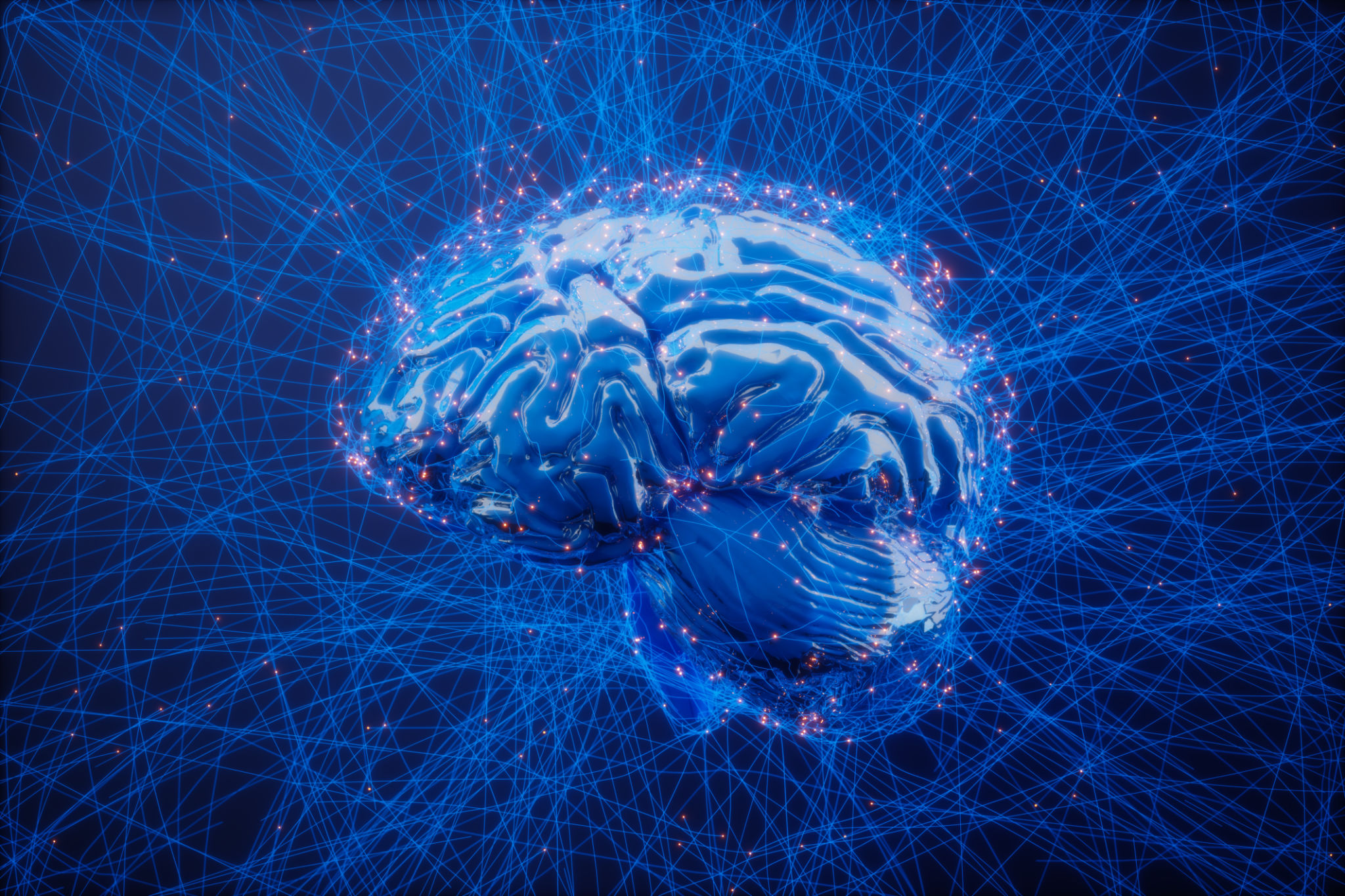Understanding Educational Psychology: A Comprehensive Guide
Introduction to Educational Psychology
Educational psychology is a vital field that explores how people learn and retain knowledge. It combines principles from psychology and education to understand the complex dynamics of learning processes. By delving into educational psychology, educators can tailor their teaching methods to suit diverse learning needs, ultimately enhancing the educational experience.

This field addresses the psychological aspects of teaching and learning, focusing on how students develop and are motivated. It examines the cognitive, emotional, and social influences on learning, paving the way for innovative educational strategies that cater to various learning environments.
The Role of Educational Psychology
Educational psychologists play a crucial role in developing effective teaching methods and curricula. They assess learning styles, design educational interventions, and provide insights into student behavior. Their work helps in creating an inclusive and supportive learning atmosphere that promotes academic success for all students.
One of the primary goals of educational psychology is to identify and address learning difficulties. By understanding the root causes of these challenges, educators can implement targeted strategies to support students who may struggle with traditional teaching approaches.
Cognitive Development in Education
Cognitive development is a cornerstone of educational psychology. It refers to how students process information, solve problems, and develop critical thinking skills. Understanding cognitive development allows educators to create age-appropriate learning materials that stimulate intellectual growth.

Several theories of cognitive development, such as Jean Piaget's stages of cognitive development, offer valuable insights into how children's thinking evolves over time. These theories help educators design lesson plans that align with students' cognitive abilities and promote active learning.
Motivation and Learning
Motivation is a key factor in educational success. Educational psychologists study what drives students to engage with their studies and how motivation impacts learning outcomes. By fostering intrinsic motivation, educators can encourage students to take ownership of their learning journey.
Strategies to boost motivation include setting achievable goals, providing positive reinforcement, and creating a supportive classroom environment. Understanding the different types of motivation—such as intrinsic versus extrinsic—enables educators to tailor their approaches to meet individual student needs.

Social and Emotional Aspects of Learning
The social and emotional dimensions of education are integral to comprehensive learning experiences. Educational psychology examines how relationships with peers and teachers impact student well-being and academic performance. A positive social environment can enhance collaboration, empathy, and resilience among students.
Programs that incorporate social-emotional learning (SEL) aim to develop skills such as self-awareness, self-management, and interpersonal communication. These skills are essential for navigating both academic challenges and life beyond the classroom.
Conclusion
Educational psychology provides invaluable insights into the multifaceted nature of learning. By understanding the psychological principles that underpin education, educators can create more effective teaching strategies that cater to diverse student populations. As research in educational psychology continues to evolve, it holds the promise of further enhancing educational practices worldwide.